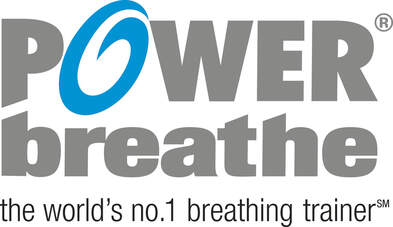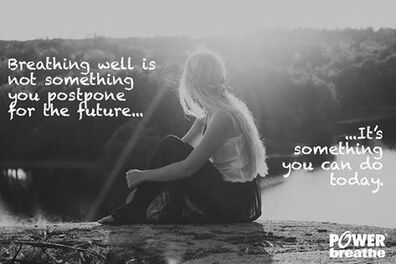Breathing Matters! Join us for an informative online event where we delve into the fascinating world of breathing. Whether you're curious about the science behind it or want to improve your own breathing techniques, this event has got you covered!
Starting on Wed Nov 08, 2023, at 6:30 (PST); 7:30 (MST) we will take you on a journey through the mechanics of breathing, its impact on our physical and mental well-being, and practical tips to enhance your breathing patterns.
Discover how breathing can influence our nervous system and organ functions, and how we can ultimately use it to reduce the physical symptoms of stress and anxiety. We'll tap into the science of breathing well and explore some of the latest breathing fads.
Starting on Wed Nov 08, 2023, at 6:30 (PST); 7:30 (MST) we will take you on a journey through the mechanics of breathing, its impact on our physical and mental well-being, and practical tips to enhance your breathing patterns.
Discover how breathing can influence our nervous system and organ functions, and how we can ultimately use it to reduce the physical symptoms of stress and anxiety. We'll tap into the science of breathing well and explore some of the latest breathing fads.
Just Breathe...Easy to Say, Harder to do
One in ten people suffer from a breathing pattern disorder or chronic over-breathing at some point in their lives. Stress, injuries and illness can affect how you breathe. In turn, how you breathe can affect how you feel. Acute over-breathing can cause some troubling symptoms such as dizziness, shortness of breath and anxiety. Prolonged over-breathing can lead to a decreased oxygen supply to the tissues and produces more varied symptoms, such as:
Fatigue and weakness
Poor memory recall and difficulty concentrating
Abdominal cramping and bloating
Chest pain
Reduced pain tolerance
Muscle spasms and cramping
Disturbed sleep
Fatigue and weakness
Poor memory recall and difficulty concentrating
Abdominal cramping and bloating
Chest pain
Reduced pain tolerance
Muscle spasms and cramping
Disturbed sleep

Worry and anxiety around these symptoms sets up a vicious cycle and can lead to further overbreathing.
Knowledge is the first step in breaking the cycle.
Click here for a quick tip to get you started.
Breathing Matters
In, out, in, out. We do it 20,000 times a day without thinking about it. Yet too easily, breathing patterns can be disrupted causing troubling symptoms and anxiety. Breathing is about so much more than just bringing oxygen into the tissues. It stimulates our flight or fight response, it balances our pH, it allows us to communicate. And the way we breathe dictates how we feel. A fast, upper chest breathing pattern stimulates an alarm in the autonomic nervous system and we prepare for "battle." A slow, belly breathing pattern settles the body so that it can "rest and digest." Depending on our needs, we bounce between these two patterns. But sometimes, due to stresses and other triggers, we get stuck in "prepare for battle" mode. By bringing awareness to that and re-establishing a natural breathing pattern we can see that breathing truly does matter.
When Good Breathing Goes Bad

Sounds a bit like we're talking about the black sheep of the family. But in all seriousness, when we alter our breathing pattern away from how we were meant to breathe, our health deteriorates. An upper chest breathing pattern, coupled with an increased breath rate leads to overworked, tense neck and chest muscles, contributing to neck and chronic pain. This pattern also alters our breathing chemistry, changing our blood pH (acid-base balance), disrupting electrolyte balance and decreasing oxygen supply to our vital organs and tissues. Essentially it puts our body on high alert. This simply isn't sustainable and our health suffers.
The good news is that this is all reversible. Armed with knowledge, awareness and tips to restore a natural breathing pattern you can combat bad breathing and its ill effects. Visit the treatment page for more information.
The good news is that this is all reversible. Armed with knowledge, awareness and tips to restore a natural breathing pattern you can combat bad breathing and its ill effects. Visit the treatment page for more information.
Breathe yourself strong. Add life to your lungs and quality to your life. Improve with POWERbreathe today



